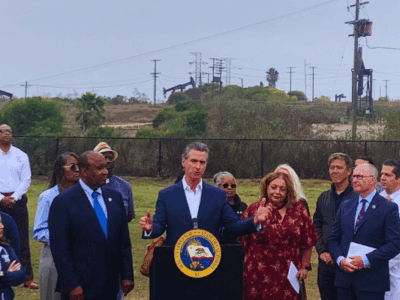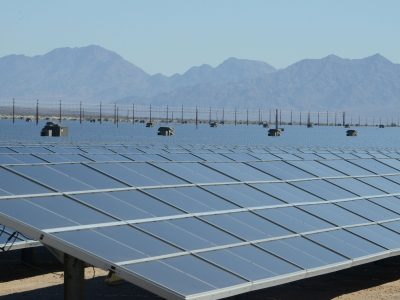What Are The Benefits Of Phasing Out California’s Oil & Gas Production?
Emissions should decrease but multiple factors complicate any predictions
It might seem obvious that phasing out oil and gas production in California would benefit the climate. But the reality is much more complicated, in terms of emissions, economics and even geopolitics.
CLEE just released the report Legal Grounds with policy options to reduce in-state production, but the question of how much a phase out would benefit the climate was mostly beyond the scope of our analysis (which we’ll be discussing in more detail on a free webinar tomorrow — Tuesday, May 12th, at 11am PT). However, it’s a question worth examining in more detail.
The challenge is that demand for fossil fuels in the state will remain for the foreseeable future, even if local production ceases. If we stop producing oil here, we’ll start importing more from elsewhere.
While California’s oil demand is already decreasing due to market and policy factors, until consumers completely transition to zero-emission vehicles and find alternatives to petroleum-based products like plastic and asphalt — and until refineries in the state stop exporting to markets around the Pacific — the supply will still find its way to the state. If that oil comes from out-of-state sources, the carbon footprint may even be higher than if California produced it domestically, due to shipping emissions.
However, economic theory indicates that a decrease in California production will mean some decrease in consumption, as global prices will rise slightly from reduced overall supply. One study indicated it could lead to global emission reductions of 8 to 24 million tons of CO2 per year. And any oil left in the ground is oil not burned in the long run, meeting one of the highest priorities of climate activists. So a California phase-out could help avoid some emissions, though the rate is unclear.
What about the political implications of phasing out oil and gas consumption for climate policy? One argument is that a phase-out here might inspire other jurisdictions to follow suit. As most climate models indicate that some percentage of fossil fuels will have to remain untapped as an imperative for avoiding the worst impacts of climate change, why not start in California, a state committed to climate action? It might be hard to imagine that top oil-producing countries like Saudi Arabia, Iraq and Iran (or other U.S. states) would be so inspired, but perhaps places like Norway or Colorado might be more politically open to it. And if the oil industry in California phased out, its lobbying power might also wane, allowing the state to pursue more aggressive policies on the demand side.
The economic impacts of a phase-out for climate policy are also complicated. As Severin Borenstein at UC Berkeley Energy Institute at Haas blogged in 2018, a phase-out in California would mean slightly higher worldwide oil prices, which would in turn enrich the major oil producing companies and countries who are still providing supply. As he summarized:
One could think of this as similar to a very small worldwide carbon tax, except in this case the revenue is not rebated to the population as a whole or used to reduce other taxes, but rather handed to those who own and control the world’s oil production.
But there is one clear benefit from phasing out in-state oil and gas production in California: improved health and safety of surrounding communities. Scientists have linked drilling for oil and gas to numerous public health challenges, including increased rates of asthma, cancer, and other health threats. And much of the drilling in California occurs in or near residents of disadvantaged communities, adding to the urgency.
Another certainty is that California is firmly committed to reducing demand for fossil fuels, through boosting zero-emission vehicles, requiring lower-carbon fuels, and pricing carbon through cap and trade. As this activity increases, it will put pressure for corresponding reductions on the supply side, regardless of any other uncertainties involved.
So while the benefits of a phase-out of California production may be somewhat unclear in terms of avoided carbon emissions, the health and safety value is clear. California’s ability to manage the process with a careful, just transition could demonstrate a viable path forward for this long-term climate effort.
Reader Comments
2 Replies to “What Are The Benefits Of Phasing Out California’s Oil & Gas Production?”
Comments are closed.






Phasing out oil will help keep water clean, avoid problems in earthquake areas as well as cities too.
Phasing out oil will help keep water clean, avoid problems in earthquake areas as well as cities too.